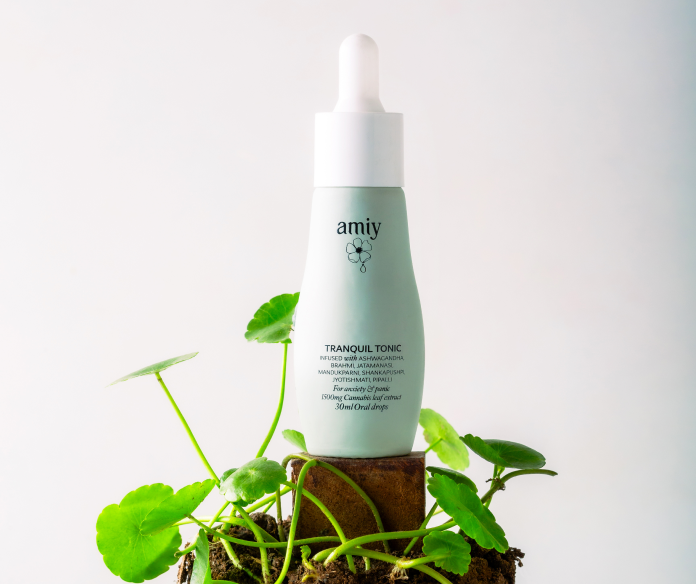




What are you looking for?

Have you been worried lately? Is there something draining you emotionally? Are you stressing out a lot? Are you losing a lot of hair suddenly?
Out of these four questions, don’t you think, the last one doesn’t belong? The first three are associated with stress but the last one, out of nowhere, talks about hair fall.
You might think it doesn’t belong there, but it does. You’ll be surprised to know that stress has been linked to hair fall.
Want to know more about it? Keep reading.
Feeling on edge, tight in the chest, or unable to switch off at night? Ayurvedic medicine for anxiety and stress offers gentle, daily tools to calm the mind and steady the body. Ayurveda looks at root causes—sleep, digestion, routine, and the nervous system—and uses herbs, foods, oils, and breath to restore balance. This guide keeps it simple and practical for busy Indian lives.
In Ayurveda, anxious feelings often come from a Vata imbalance—too much movement in the body–mind system. Irregular meals, late nights, excess screen time, and skipping rest can fan this imbalance. The fix is steadying: warm food, regularity, grounding oils, and herbs that support the nerves.
Known as a classic adaptogen, it may help the body handle daily stress and improve sleep quality. Many people find it easier to unwind with a regular bedtime dose.
Traditionally used to support memory and a settled mind. It pairs well with mindful breathing when thoughts race.
A soothing root used at night; treasured for calming restlessness and supporting sound sleep.
Light yet supportive for focus and calm, useful for students and working professionals under pressure.
Tip: Choose one or two herbs and use them regularly for 6–8 weeks rather than switching every few days.
There is no single “best” for everyone. Ayurveda personalises care. For many adults, a balanced formula that combines Ashwagandha, Brahmi, Shankhpushpi, and Jatamansi—with proper dose and routine—works better than a single herb. If you have severe, long-standing symptoms, consult a qualified Ayurvedic doctor for a tailored plan alongside your current care.
During intense waves, herbs alone are not enough. Use slow exhale breathing (4-6), sip warm water, and sit with back support. Over weeks, ayurvedic medicine for anxiety and panic attacks—especially grounding herbs and oiling routines—may reduce frequency by improving baseline calm. Always seek medical help for sudden, severe, or new symptoms.
Amiy formulas are doctor-designed to support nerve communication balance (Bio-Neuromodulation™). Our Complex Plant Elixir™ blends traditional herbs so that smaller, synergistic doses work together—steadying stress responses while staying gentle on digestion and sleep.
There’s no one best for all. Many adults do well with a blend like Ashwagandha + Brahmi + Shankhpushpi + Jatamansi, regular meals, and a fixed sleep routine.
Yes, most calming herbs are taken daily for several weeks. Start low, follow pack advice, and review with a practitioner if you take other medicines.
Many notice gentler sleep and steadier mornings in 2–3 weeks with daily routine. Deep changes usually need 6–8 weeks of consistent use.
Calming herbs are generally well-tolerated, but individual responses vary. If you’re pregnant, breastfeeding, or on prescription drugs, speak to your doctor.
Ayurveda supports the nervous system and daily balance. It does not replace medical care. Use it as supportive care alongside advice from your clinician.
Warm, easy-to-digest meals—khichdi, dal, ghee, seasonal vegetables—plus nuts and seeds. Limit excess chilli, caffeine late evening, and ultra-processed snacks.
If you’re looking for gentle, daily calm, consider Tranquil Tonic (verify). It brings together classic Ayurvedic herbs that may support sleep and a balanced stress response.
If stress is affecting digestion or cycle mood, pairing with Gut Reset (verify) or Period Pacifier (verify) can round out your plan. Use alongside steady meals, breathing, and a fixed bedtime.
